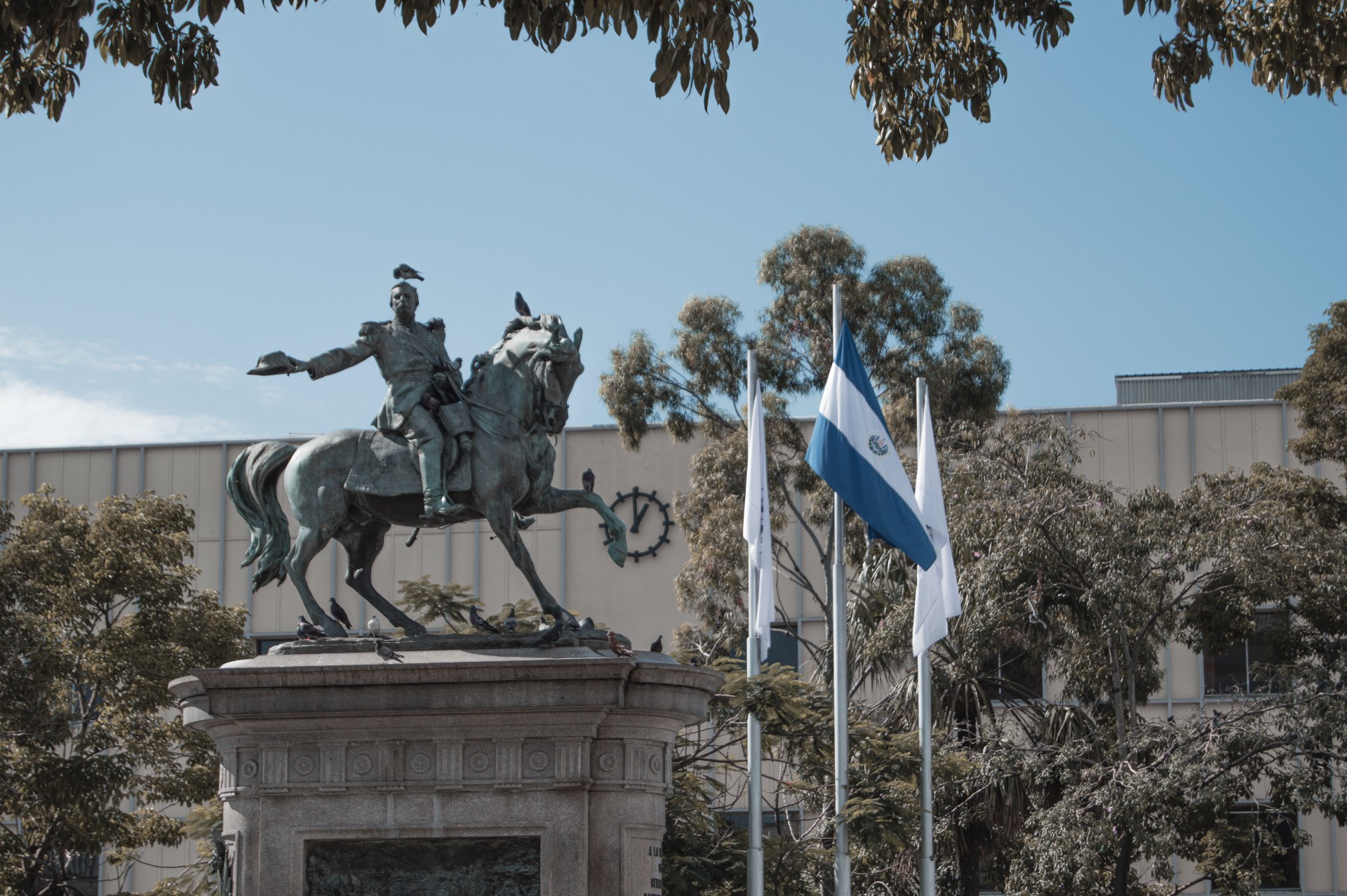On June 9, 2021, El Salvador made history when it became the first country to make Bitcoin legal tender by requiring all companies to accept it as a payment option. This adoption has made the small Central American nation the most progressive in embracing digital assets. But how exactly did El Salvador take such a huge leap into the crypto future? That’s what we’re here to find out.
This article will go over all the pertinent details of how El Salvador became the most progressive country in the crypto world.
The Legalization of Bitcoin
In June 2021, the El Salvador legislature voted to approve President Nayib Bukele’s proposal to formally make Bitcoin legal tender.
The Bitcoin Law states that businesses must accept BTC as payment. Furthermore, Taxes can also be paid in BTC. This law was passed with a supermajority, signalling strong support across parties. There are multiple reasons that led to it being a unanimous decision, including hopes of increased financial inclusion, enabling remittance, boosting tourism, and decreasing reliance on the U.S. dollar.
El Salvador partnered with digital wallet company Strike to build infrastructure for Bitcoin adoption. The country initially airdropped $30 worth of BTC to every citizen who downloaded the government’s Bitcoin wallet app called Chivo. To incentivize adoption further, Bukele promised permanent residency to crypto entrepreneurs who move and invest in the country. He also pledged to build Bitcoin City—a tax haven financed by blockchain bonds. These were just some of the many steps the El Salvadoran government took to promote BTC to its citizens
Drivers of Bitcoin Adoption
There are a myriad of reasons that motivated El Salvador’s embrace of crypto, among which the following are the most noteworthy ones:
- Increase financial inclusion: About 70% of Salvadorans lack bank accounts. That’s because a large portion of El Salvador’s population does not have access to traditional financial services or bank accounts. Bitcoin provides a way for people to participate in the financial system and make digital payments.
- Enable remittances: Remittances account for over 20% of El Salvador’s GDP with most coming from abroad. Bitcoin facilitates cheap cross-border transfers.
- Boost tourism: El Salvador hopes to attract crypto entrepreneurs with incentives. Bitcoin City aims to be a hub for crypto jobs and education, attracting crypto people from all parts of the world.
- Leverage geothermal energy: El Salvador has an abundance of renewable geothermal power. This can support energy-intensive Bitcoin mining.
- Reduce reliance on the U.S. dollar: Making Bitcoin legal tender lessens dependence on the USD which has hurt El Salvador’s economy in the past. The government is highly against relying solely on the U.S. dollar to back its economy.
- Enhance technological capabilities: Adopting crypto at a national scale forces improvements in digital infrastructure and fintech skills. Tech geniuses from all around the globe will be given incentives to move to El Salvador. The more people there are in tech, the more prosperous the country will become in this age of technology.
- Attract foreign investment: The crypto focus has already drawn investment pledges from global players like Bitfinex. With time, more crypto giants are sure to invest in the growing companies of El Salvador.
In addition to all these factors, polls showed a majority of Salvadorans were in favour of Bitcoin before the law was passed. So this was in essence a democratic decision.
Implementation Challenges
Despite ambitious plans, El Salvador’s Bitcoin rollout faced some stumbling blocks:
- Technological: The Chivo wallet launch was plagued with glitches limiting adoption. Plus, connectivity issues are still common.
- Financial literacy: Many citizens lack crypto understanding. Ongoing education is needed to properly manage and use digital wallets.
- Volatility risks: Bitcoin’s wild price swings create uncertainty in using it as a national currency substitute.
- Private sector scepticism: Some businesses still resist Bitcoin, fearing price instability or lack of customers paying with crypto.
- International opposition: Global financial organizations like the IMF criticize Bitcoin’s adoption as risky and lacking transparency.
- Political divisions: Though Bukele remains popular, some in the legislature opposed the Bitcoin law over concerns about its consequences.
While these challenges are serious in nature, the promises offered by crypto implementation far outweigh the drawbacks.
Progress So Far
In the year since the Bitcoin Law was passed, El Salvador has made significant progress:
- Over 3 million people— nearly 45% of the population—have downloaded Chivo wallet.
- Businesses and the government are now capable of accepting Bitcoin seamlessly alongside the U.S. dollar.
- El Salvador has purchased over 2,300 bitcoins worth about $67 million for its national reserve.
- The country mined its first Bitcoin using volcano-powered energy in 2022.
- Bitcoin transactions are growing, now averaging 2.5 million per month in El Salvador.
- El Salvador plans to issue $1 billion in ‘Volcano Bonds’ in 2022 to fund Bitcoin City and more mining infrastructure.
The progress has been nothing short of substantial and with the way things are going, El Salvador is likely to reap far greater benefits than it already has.
Wrapping Up
While the full impacts remain to be seen, El Salvador has so far survived global criticism and technical hiccups to position itself at the forefront of crypto mass adoption. The nationwide embrace of digital currency is a revolutionary social experiment being closely watched around the world. Whether it’s a total failure or massive success, one thing’s for certain: El Salvador has written a new page in the history book of cryptocurrencies.





Most commented